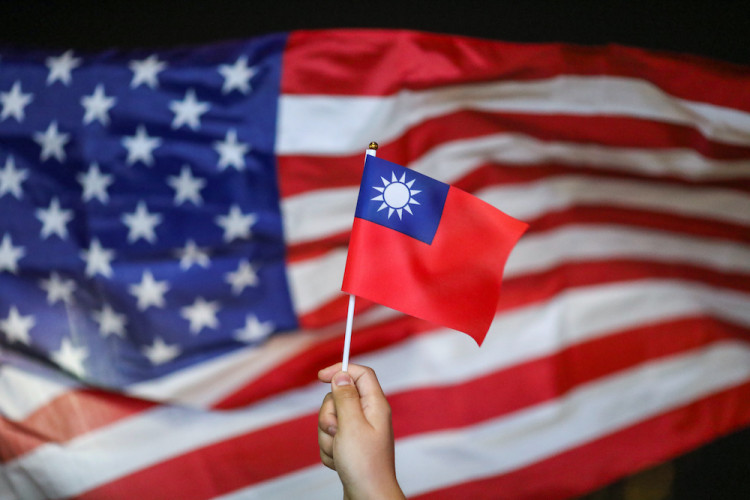Taiwan and the U.S. have agreed an infrastructure deal designed to reduce both countries' dependence on mainland China for economic growth.
They signed the "Framework to Strengthen Infrastructure Finance and Market Building Cooperation" this week. It will see cooperation on infrastructure development in Southeast Asia and Latin America. Doing so will help them reorient international supply chains and reduce economic dependence on China.
The agreement was signed by the American Institute in Taiwan, the de facto U.S. embassy, and the Taipei Economic and Cultural Representative Office in the U.S.
The American Institute said areas of cooperation in the framework included "infrastructure finance and market building and joint collaboration to facilitate infrastructure investment in third countries, which will also help secure supply chains of the future."
The U.S. has similar agreements with Japan and Australia.
In September, both the institute and the Taiwan External Trade Development Council agreed to restructure world supply chains. The institute said the Taiwan deal would encourage Taiwan and American companies to bring supply chains, especially those for the technology and medical sectors, closer to home.
Taiwan and the U.S. will patronize supply chains in like-minded economies and democracies and ensure they are free from China's political coercion.
The deal will have benefits for Taiwan. It is "advantageous to our New Southbound Policy," said Wang Ting-yu, a Taiwan politician with the ruling Democratic Progressive Party.
Launched in September 2016, the policy enhances cooperation and exchange between Taiwan and Thailand, Indonesia, Philippines, Malaysia, Singapore, Brunei, Vietnam, Myanmar, Cambodia, Laos, India, Pakistan, Bangladesh, Nepal, Sri Lanka, Bhutan, Australia and New Zealand.
The deal will "allow Taiwan to extend its reach to a number of countries that do not maintain formal ties with Taiwan through investments in their infrastructure facilities."
It is the latest pro-Taiwan policy from the U.S., said Charles Chong-han Wu, an associate professor of diplomacy at National Chengchi University in Taipei.
"This is basically aimed at countering Beijing's Belt and Road Initiative," he said. "It's the U.S. version of a belt and road by bringing friendly partners like Taiwan to sign economic and trade agreements with other countries."
Analysts said the deal would boost Taiwan's investment opportunities and expand its ties with countries that diplomatically recognize China and not Taiwan.
"The framework is part of the U.S. scheme to work with Taiwan and other like-minded countries to re-establish a new global supply chain so that they don't need to rely on China," said Wang Kung-yi, chairperson of the Taiwan International Strategic Study Society.





